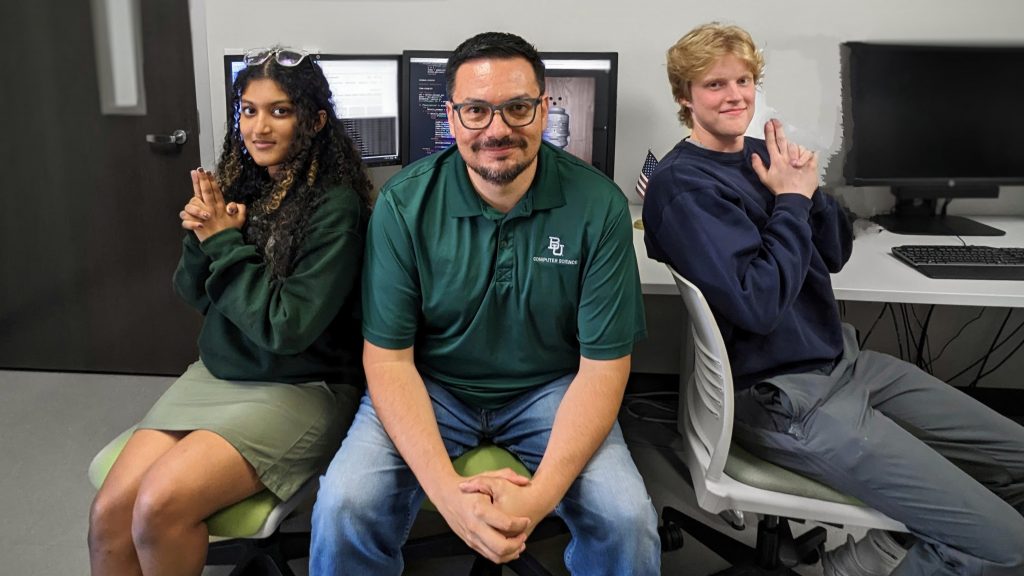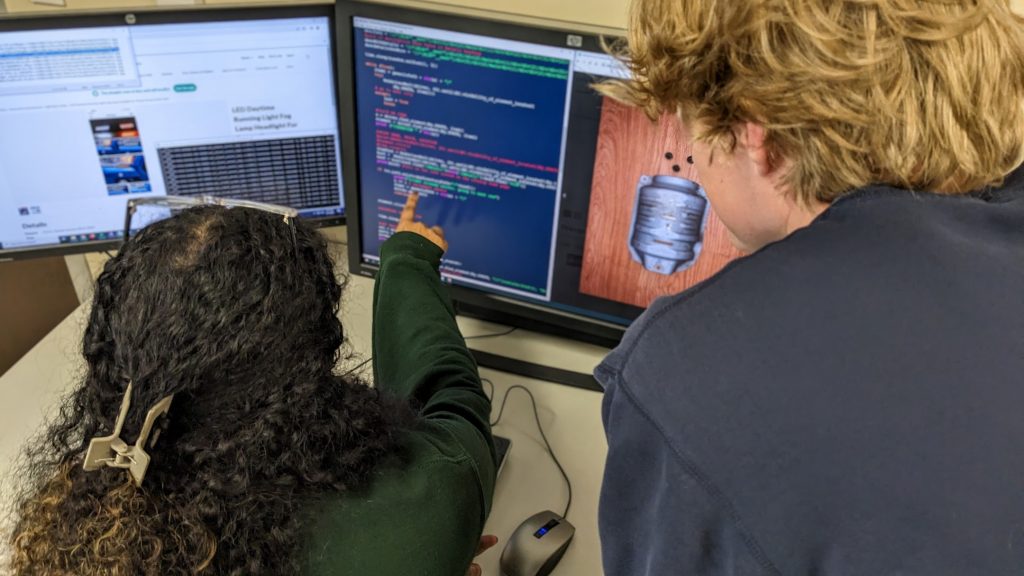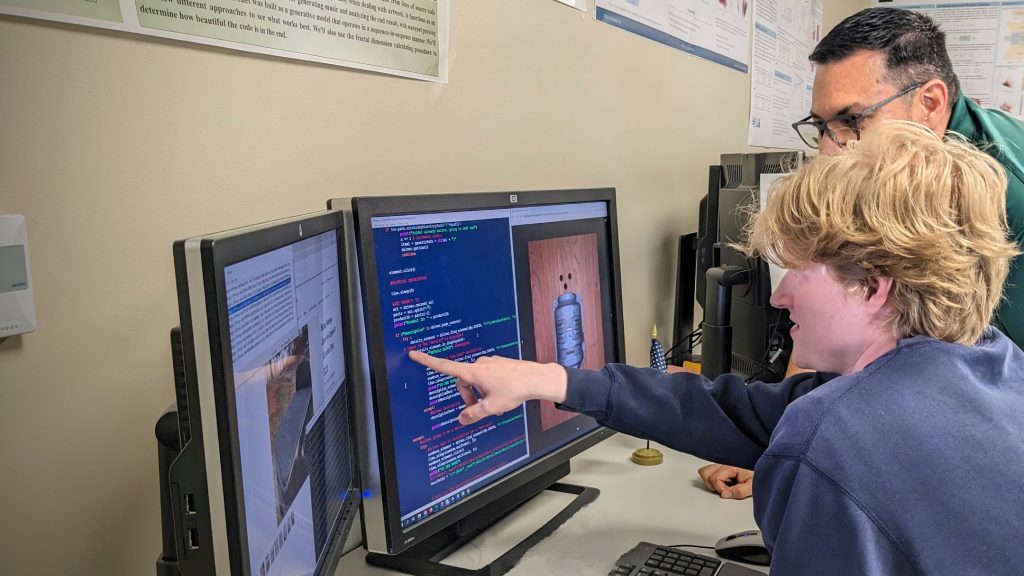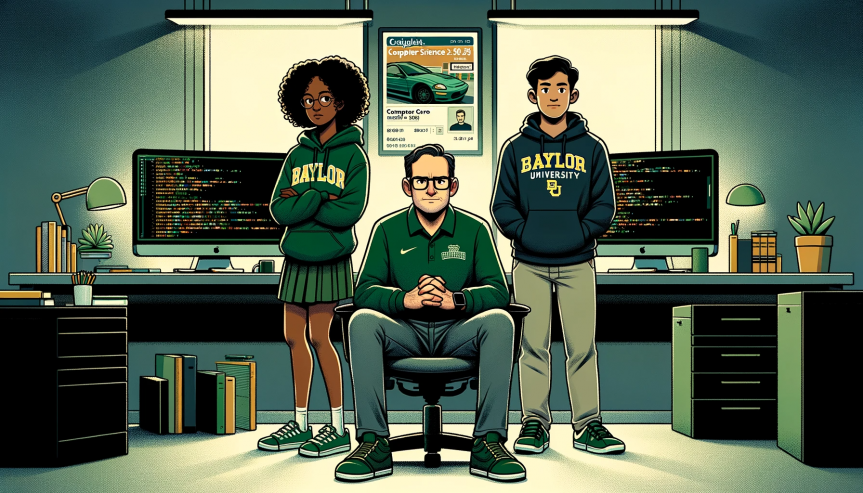
Two undergraduate students from the Computer Science Department at Baylor University, Misty and Andrew, have demonstrated the impactful role of undergraduate research in advancing technological frontiers. Their recent work on automatic information retrieval, conducted under the Baylor.AI lab, has been a testament to their dedication and intellectual curiosity.

Misty and Andrew’s journey in the AI lab involved engaging in research discussions that transcended typical undergraduate experiences. Their focus was on developing software to automate data collection, a crucial component in achieving the NSF grant objectives related to studying the illegal trafficking of stolen car parts on C2C marketplaces. This work is a critical piece in the larger puzzle of combating online criminal activities.
Their success in this endeavor was supported by the Research Experiences for Undergraduates (REU) program, highlighting the program’s role in fostering early research experiences. The REU program’s funding not only enabled these students to delve into real-world problems but also allowed them to contribute meaningfully to a project with significant societal implications.

This follow-up story is a continuation of our ongoing efforts, detailed in our previous post, to tackle online criminal activity under NSF’s REU program. The achievements of Misty and Andrew help in the grand scheme of AI research as we strive to have a safe and secure cyberspace; it’s essential to acknowledge and celebrate these steps in their academic journey. Their work exemplifies the potential of undergraduate research in contributing to complex and socially relevant projects.
As we continue to support and mentor our students in the Baylor.AI lab, we look forward to more such stories of perseverance, learning, and meaningful contributions to the field of AI and machine learning.
Sic’em Bears!


